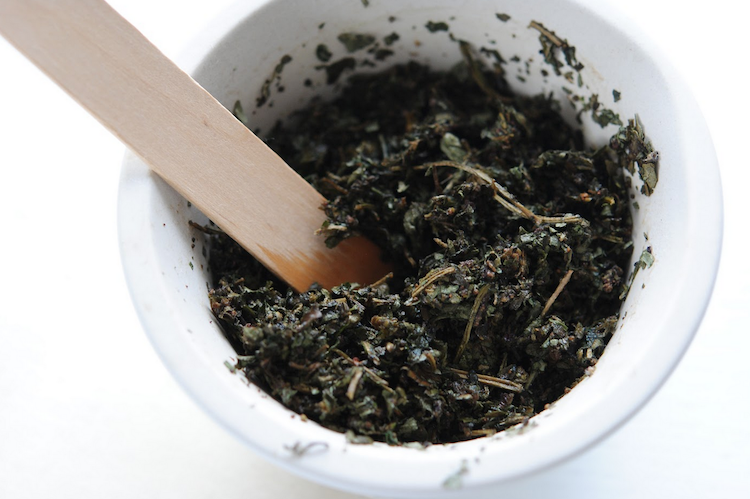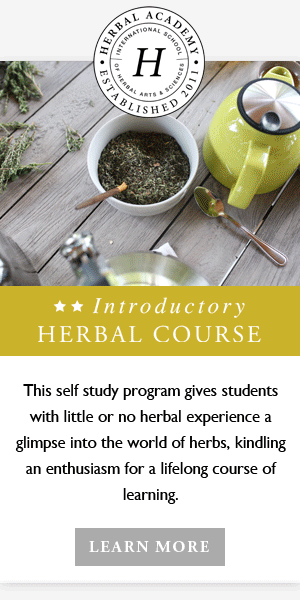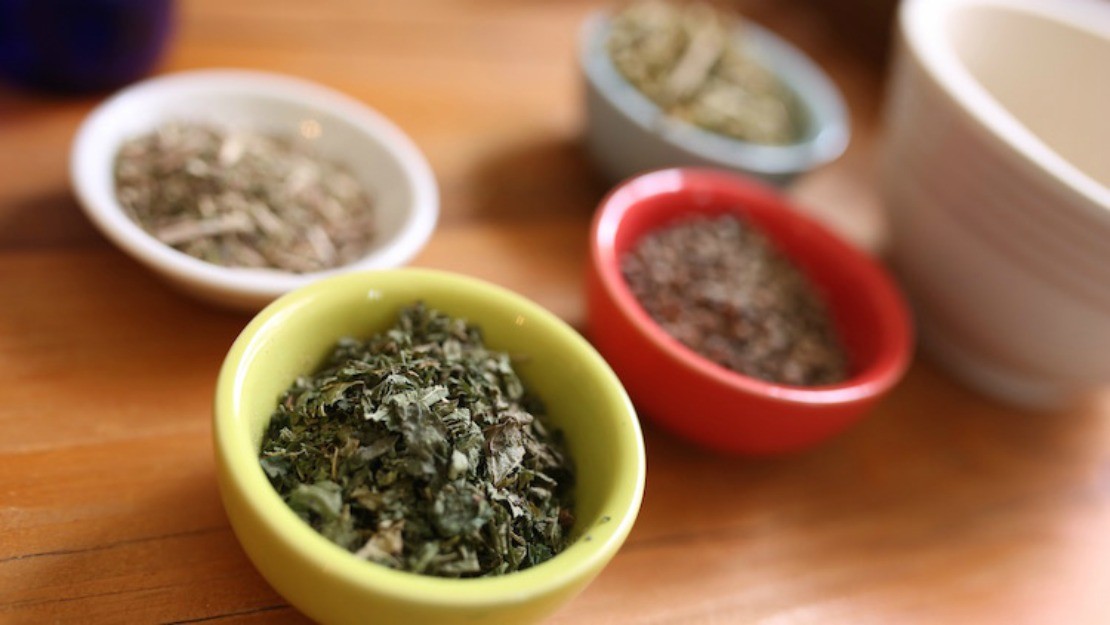
The Limits of Herbalism
Herbs have limits, too. For all the amazing ways that herbs can enrich our lives and help us heal, there are still things for which they should not be relied upon. But that’s not all – there are also legal considerations and limits that herbalists need to know. By approaching herbs with awareness of our limits and theirs, and awareness of our own words and actions, we can nonetheless celebrate all of the wonderful things they do have to offer, and safely work within our rights as herbalists.
Awareness of Their Limits
If you have a broken bone, that bone needs to be skillfully set by a doctor. If you have been in a terrible accident, you need to go to an emergency room. There are herbs that can be used after your bones are set or your life is saved, herbs that encourage your body’s healing efforts and help you find balance again, but there is no substitute in these cases for qualified medical attention.
Herbal formulas are wonderfully complex in the way they encourage the body to heal, but they are not magic potions. Putting blind faith in our green allies is as unrealistic as accepting anything without question. Herbs excel at nourishing; rebuilding; at bringing the body back into balance with itself over time; but their influence as sole agents ends when they meet the place that they must go forward as an adjunct to skilled medical care. This doesn’t mean we should think less of them. Rather, as in the rest of life, healthy boundaries and balance are a must. Understanding the limits of herbs frees us to use them in the right way, in the ways that we can work together, in the ways that hold the most potential for health.
Awareness of Our Limits
We also need to be aware of our own limits – how skilled are we at seeing the bigger picture of our health? Do we have the knowledge we need to make informed decisions, or to point others towards resources that would allow them to do the same? There is so much knowledge behind understanding when a certain herb is most appropriate, and even more knowledge that goes into seeing the patterns that define the health of an individual.
But part of understanding our limits also means understanding our legal rights as herbalists and when we have overstepped those boundaries in our desire to help others. Herbalists are allowed to educate about herbs. We are allowed to facilitate and nurture the connections between humans and the green world, to help others find balance in their lives and experience the connections with plants that will help activate the healing inherent in their own bodies. But if we begin to focus on disease, if we focus on cures and treatment and diagnosing, we have crossed a line into the practice of medicine without a license. To do so is to speak and act illegally and unethically outside of our limits. Understanding where those boundaries are means that we must be aware of our words and actions at all times.
Awareness of Our Words
There are certain words which simply belong to the modern medical paradigm, not to herbalists. There are many reasons for this. As herbalists, it helps us to understand that these words describe fundamental differences in what we do, and arise from very different points of view. This is as it should be! There is no need for us to use their words. We have a language of our own that explains the very essence of what we do.
Words that belong to doctors are words that are concerned with disease and medicine: prevent, treat, cure, medicine, physician, doctor, patient, prescribe.
Words that belong to herbalists are words that are concerned with health and with plants: teach, consult, plants that promote health, herbs that encourage healing, balance, nurture, herbal formulas, herbal science, herbalist.
This is not about doing the same thing while using different words. This is about understanding the core of what we do as herbalists, and expressing it truthfully and elegantly.
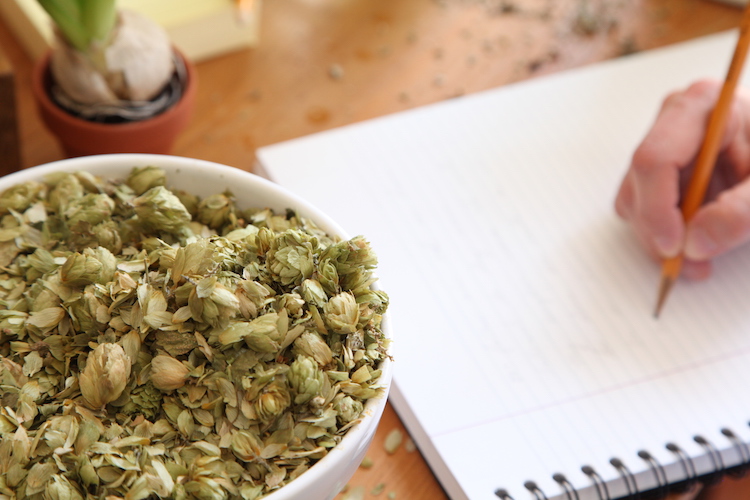
Awareness of Our Actions
Some of those words are verbs, action words that we should take a moment to examine further.
Just as we are not allowed to use words that belong to modern medicine, we are not allowed to act like doctors – in a way that leads anyone to believe we have the authority or the skill to diagnose, treat, or cure disease.
We must be especially careful when clients come to us asking questions about what could be causing symptoms that they have not yet seen a doctor about. We must gently explain that we are not qualified to give them answers – only a doctor can do that. If they come to us with an already diagnosed disease, we can point them to educational materials about the diagnosis their doctor gave them, but we cannot make claims that an herb will cure them, or even that an herb can relieve the symptoms of any disease. Instead, we can take time to educate our clients about holistic health and how herbs can help support the healing efforts of the human body.
In addition, there are now a whole host of regulations governing herbal supplements. So if we wish to sell handmade herbal products like extracts, capsules, or teas, we must document every step of the process, provide testing to prove purity of our ingredients, uphold Good Manufacturing Practices, and submit to regular inspections of our work spaces. Even though these regulations were established with big businesses and adulterated ingredients from shady suppliers in mind, as local herbalists it is part of our responsibility to follow these protocols now as well.
Awareness of Our Potential
Although there are inherent as well as legal limitations to herbalism, herbalism is still a valuable and rewarding calling. Knowing the inherent limitations of herbs and what they safely can and cannot do allows us to better provide for our own health. It also protects those with whom we share our knowledge, keeping them safe from misinformation and potential harm. On the other hand, recognizing legal limits allows us to work safely within our rights while still providing for our clients’ needs in a way that best serves and protects their interests as well.
Within these limits, the landscape of herbalism is as beautifully diverse and flourishing as ever. Rather than seeing them as limitations, perhaps we should think of them as a framework or foundation that each of us are building upon. Having a sturdy framework or a solid foundation under our practice as herbalists can bring nothing but benefit in the long run.
If you would like to explore more about the potential of what we do as herbalists, you might enjoy some of our other articles here on the blog. Learn about what you can do with your herbal education and explore many of the different career paths available for herbalists.
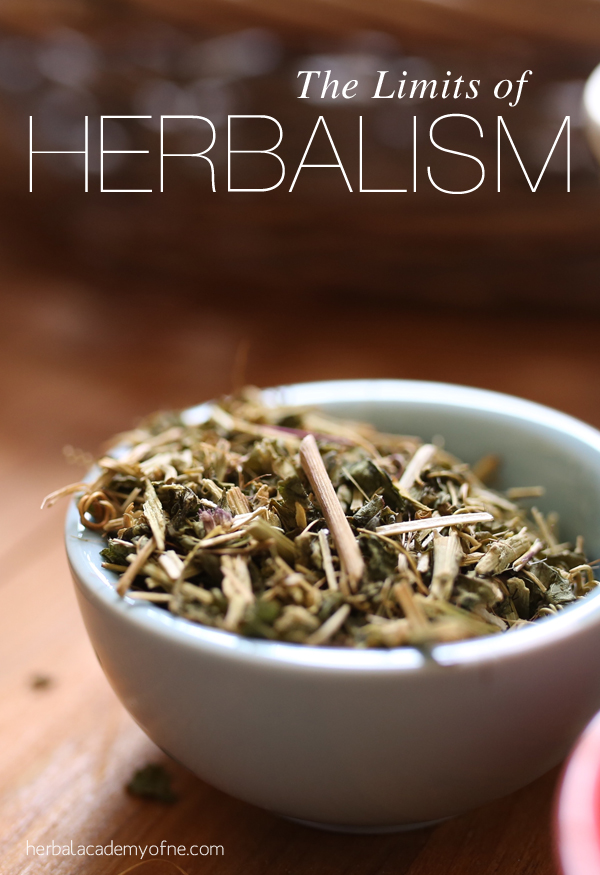
Further Reading
Wicke, Roger W. PhD. (1995) Herbalists’ Guidelines for Avoiding the Practice of Medicine. Retrieved from http://www.rmhiherbal.org/aa/f-ahr5-summ.html
Ryn. (2014) Herbalism and the Law: The Practice of Medicine in Massachusetts. Retrieved from http://commonwealthherbs.com/herbalism-legal-terminology-practice-medicine-ma/
The American Herbalists Guild. (2015) Legal and Regulatory FAQs. Retrieved from http://www.americanherbalistsguild.com/legal-and-regulatory-faqs
Donahue, Sean. (2010) This Root Doctor Does Not Intend to Diagnose or Treat Medical Conditions. Retrieved from http://greenmanramblings.blogspot.com/2010/07/this-root-doctor-does-not-intend-to.html

